It has been a long time since I last served as a judge in a major competition. Firstly, I feel that these innovation and entrepreneurship competitions in our country are overly formalized, and it's hard to say they are not overly bureaucratized. Secondly, I think that our current college students don't really engage in innovation and entrepreneurship for the sake of it, but rather treat it as completing homework as students.
It was hard to decline the kind invitation, so I came to Zhengzhou over the weekend. Yesterday (November 30th), I participated in the 8th China (International) Sensor Innovation and Entrepreneurship Competition as a judge. Originally, I hoped to participate in the enterprise group competition to learn about the innovation points or market application points of enterprises in the field of sensors. Unexpectedly, I was assigned to the college student competition group.
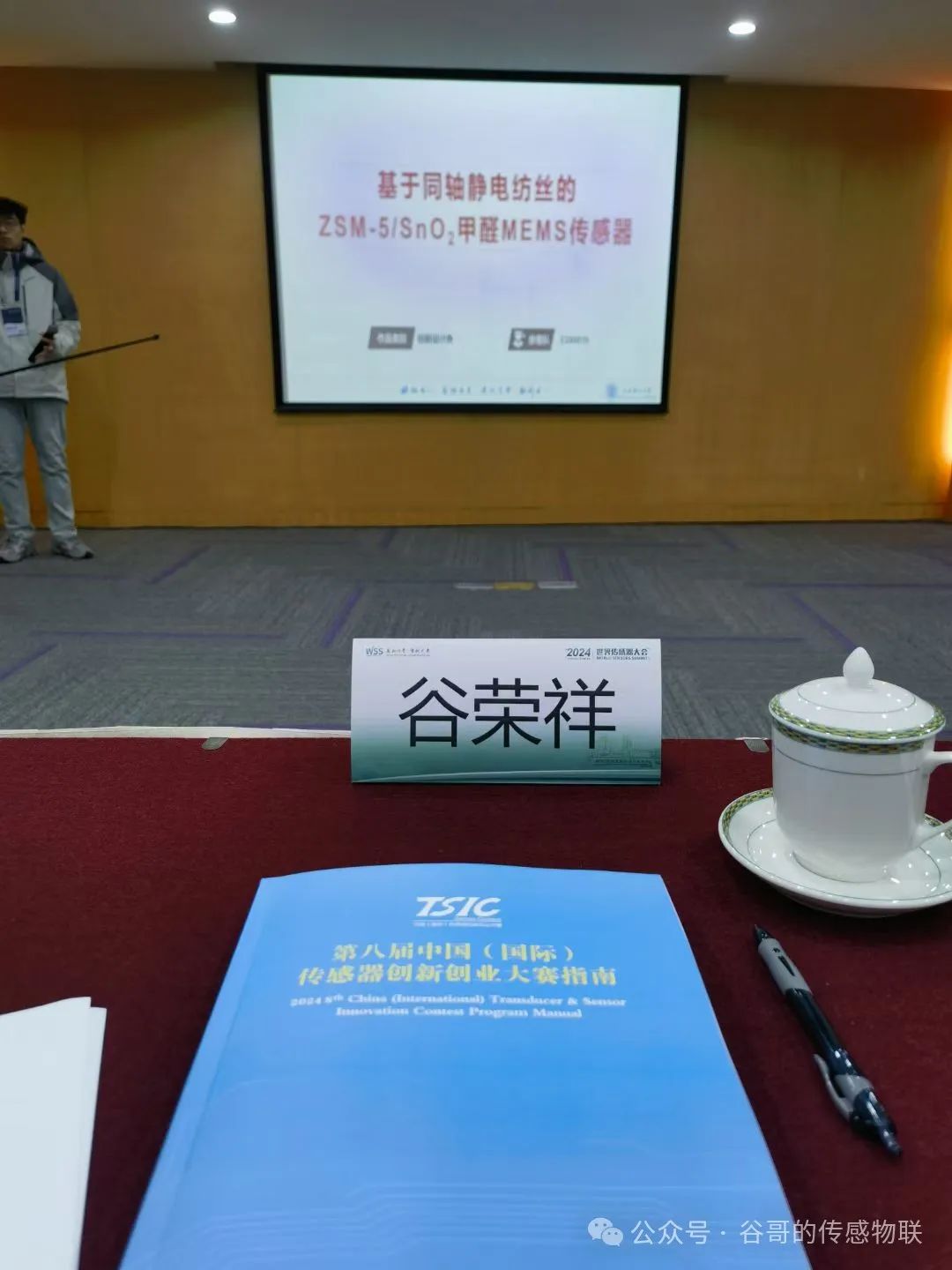
Yesterday morning's competition was quite serious and tiring for me as a judge. I'd like to share a few insights with you all.
As the organizer, the guiding ideology of promoting college students' innovation and entrepreneurship is good. However, personally, I think that putting innovation and entrepreneurship together in a competition makes the goal a bit confusing in itself. For students, whether they are undergraduates, master's or doctoral candidates, if they have particularly good innovation points and the technology also has relatively good market selling points, they won't come to such competitions at all. They would have been snapped up by investors long ago. Therefore, in order to encourage ordinary students to innovate or start businesses, innovation and entrepreneurship should be divided into two groups.
Those who make discoveries in technological innovation, even if it's just a tiny bit, can win awards even if they don't start businesses.
Entrepreneurial talents, even if their technological innovation points are not outstanding, but they have creative awareness and take actions, can also win awards. Because for ordinary students, it is required that a project team can both have technological innovation and the possibility of forming an entrepreneurial team, which is a one-in-a-hundred-thousand chance. Trying to discover talents in such a competition is really like looking for a needle in a haystack.
In addition, students come from universities of different levels, including those from 985 universities, second-tier universities, sophomores, and even fourth-year doctoral students. Some projects have been researched in the school laboratories for many years, while some projects are just starting from scratch. It's really difficult for the judges to compare and rank these projects when they are put together in a competition. After the results are announced, the contestants may not be satisfied.
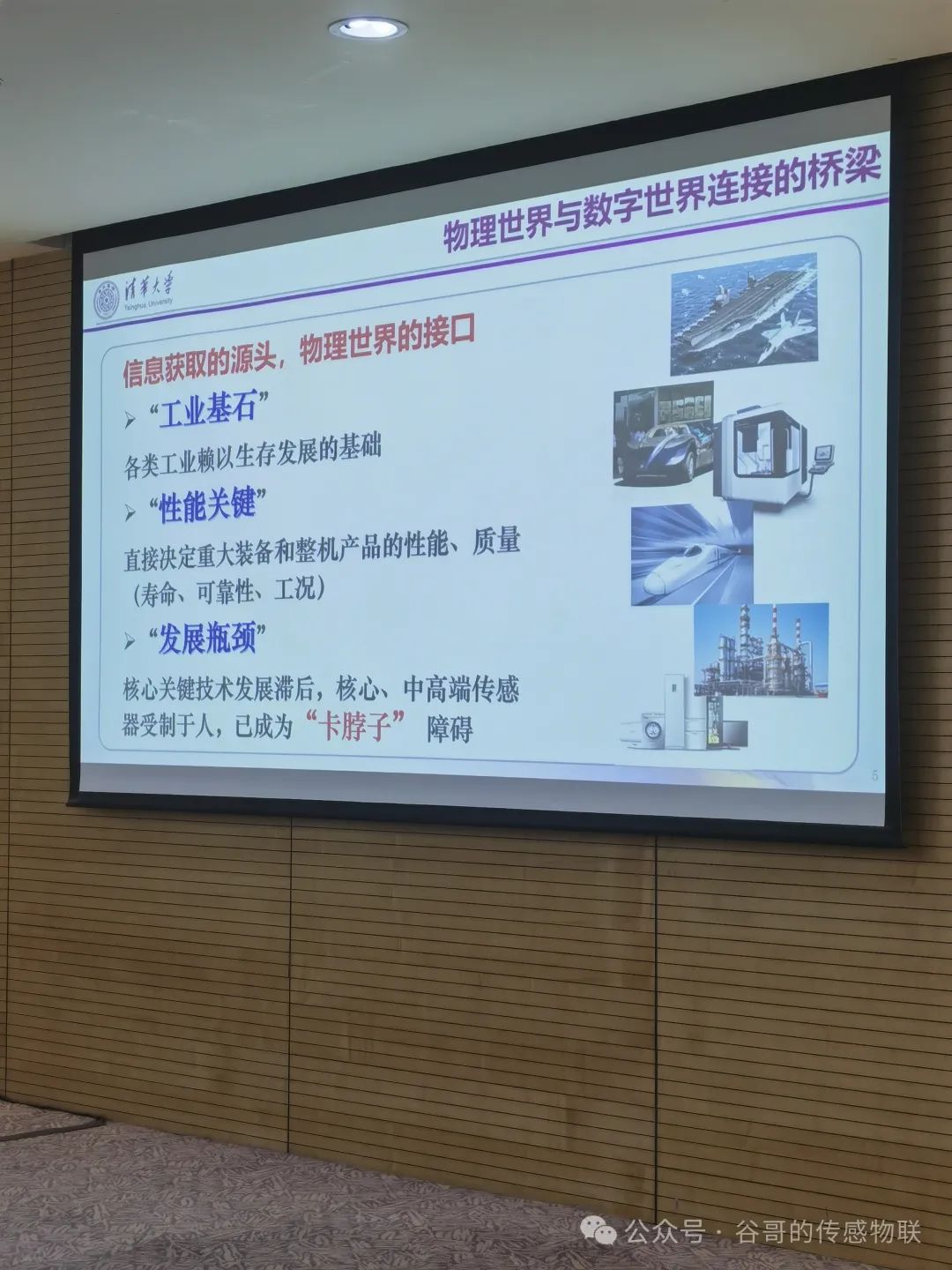
Even more ridiculous is that some students of certain projects have actually done very little work, but they describe their projects in an exaggerated way and even make a video. It really tests the judges' intelligence. Such projects really shouldn't appear in the national finals.
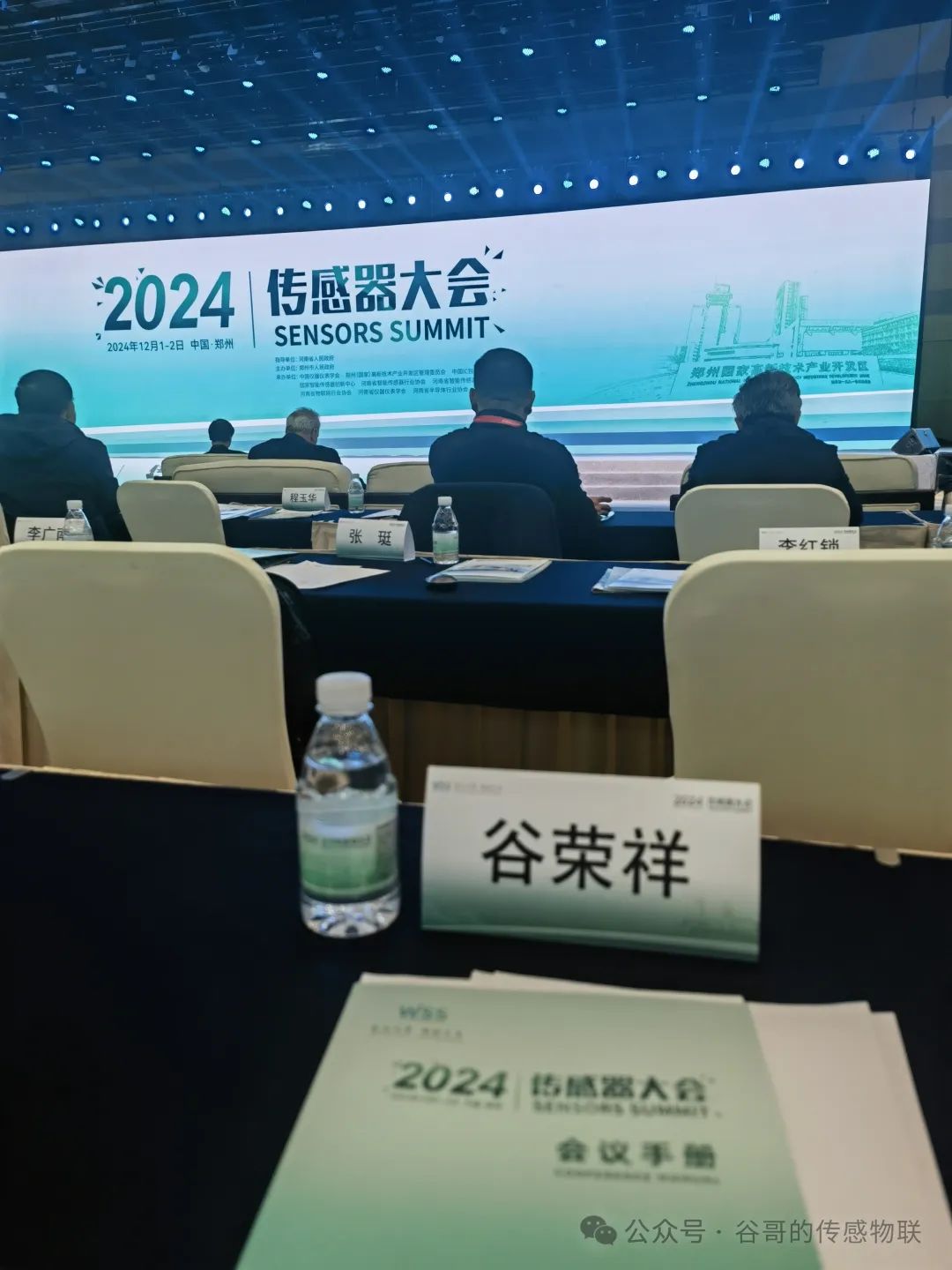
This trip to Zhengzhou is mainly for participating in the 2024 World Sensor Summit in Zhengzhou. Back then, when the Chinese Instrument and Meter Society chose sensors as a key development project, it was in line with the trend in China and even the world. However, choosing Zhengzhou as the birthplace and permanent venue of the World Sensor Summit seems debatable. I remember that when Zhengzhou held the first World Sensor Summit, I also wrote an article elaborating on this issue. The sensor industry is an industry that is talent-intensive, technology-intensive, and investment-intensive, but with a fragmented market. Frankly speaking, in terms of talent and technology, they should be the weaknesses of Zhengzhou. As for investment, I'm not sure. In the eyes of most people in the sensor field, except for Hanwei Technology Company, there are no other famous enterprises in Zhengzhou or even Henan Province that leave an impression. When participating in the World Sensor Summit in Zhengzhou, everyone wants to see what new products, new technologies, and even new market discoveries Hanwei Technology has. Without Hanwei Technology Company, there might not be a sensor summit. Holding a grandly named World Sensor Summit in Zhengzhou seems a bit like a fantasy to people in the industry.
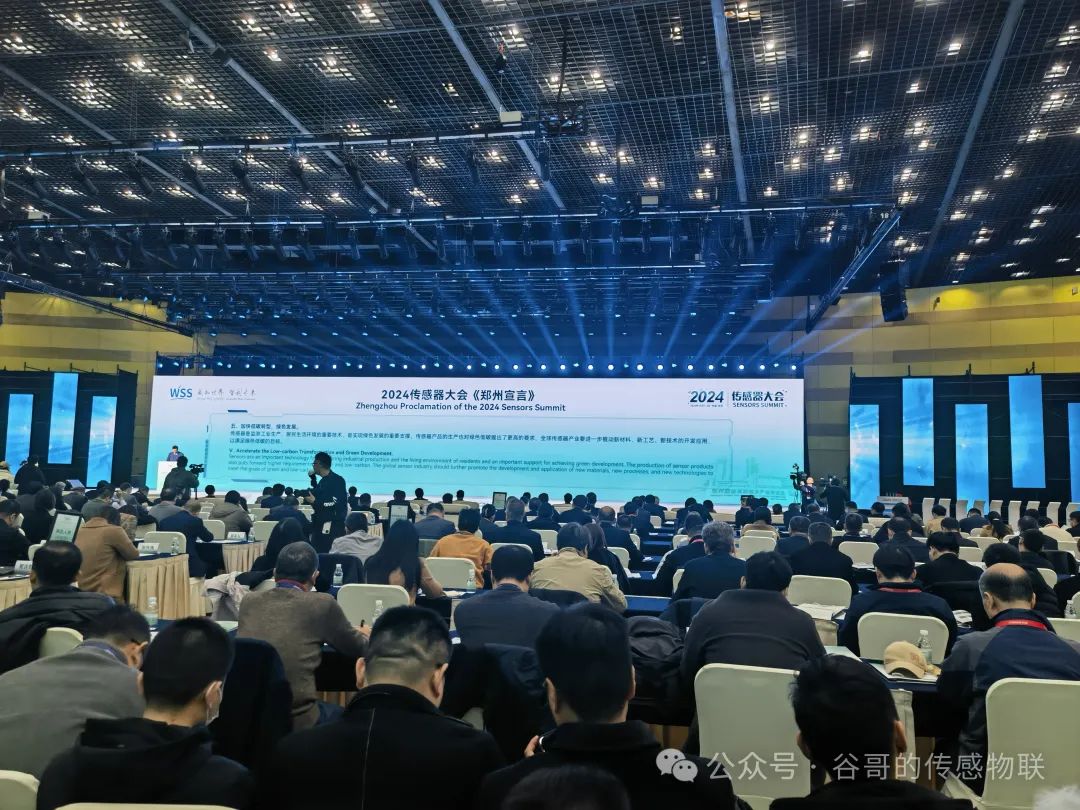
I remember that I seem to have participated in the World Sensor Summit in Zhengzhou three times. From a sensor summit with more than 1,500 people (inviting Nobel laureates to give speeches, regardless of whether they are in the sensor major or not) to a free sensor exhibition, it is said that Henan Province and Zhengzhou City spend 10 to 20 million yuan every year to host such a "grand event". But overall, it feels a bit like "an 80-year-old woman celebrating the New Year, getting worse every year".
Sometimes I just can't figure out why the government spends so much money, manpower, and energy every year to host this World Sensor Summit. Is it the so-called Chinese model of "wanting both... and also... and still... "? Maybe none of the three "wants" will be achieved in the end!?
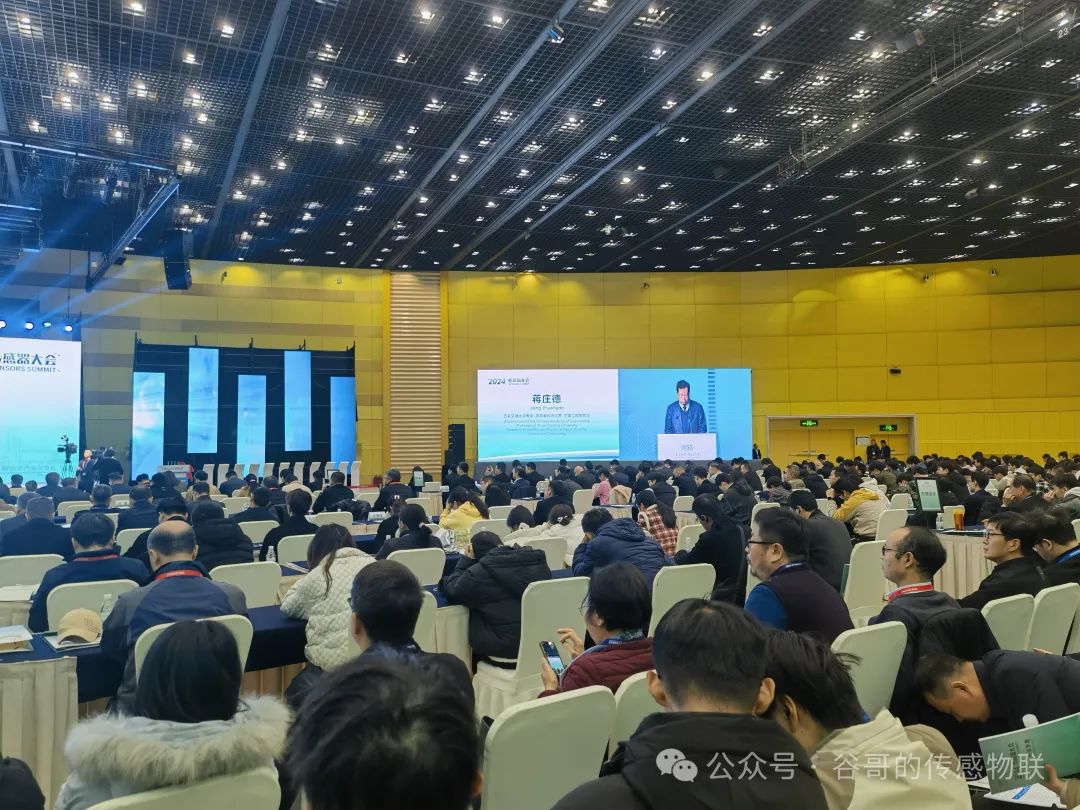
Some large conferences and exhibitions need to be hosted by the government, such as the Canton Fair and the China International Import Expo. Some exhibitions are not suitable for the government to host and need to be operated by the market. Taking the sensor industry as an example, the annual Sensor Expo in San Francisco, USA, focuses on conferences with exhibitions as a supplement, winning the market and the praise of professionals. The Sensor Expo in Nuremberg, Germany, focuses on exhibitions with conferences as a supplement, also attracting global attention and the favor of professionals and customers. The Sensor Expo in Shanghai, China, is following the American model, and the Sensor Expo in Shenzhen is operating according to the German model. They have developed very rapidly in recent years and also won global attention.
As for Zhengzhou, facing competition or peers, what new model can we innovate? This is something that not only the local people in Zhengzhou but also those in the sensor field need to think about. Are we just gathering for a meeting in Zhengzhou? If the World Sensor Summit in Zhengzhou is defined as a commercial activity, then it must be operated in accordance with market logic, market rules, and marketization. Otherwise, it will be difficult to sustain or maintain it with difficulty. Instead of spending so much money every year, it would be better to reduce the amount by half and hand it over to the market for operation, with the government providing subsidies to promote local investment attraction. The World Internet of Things Summit in Wuxi also has a similar situation.
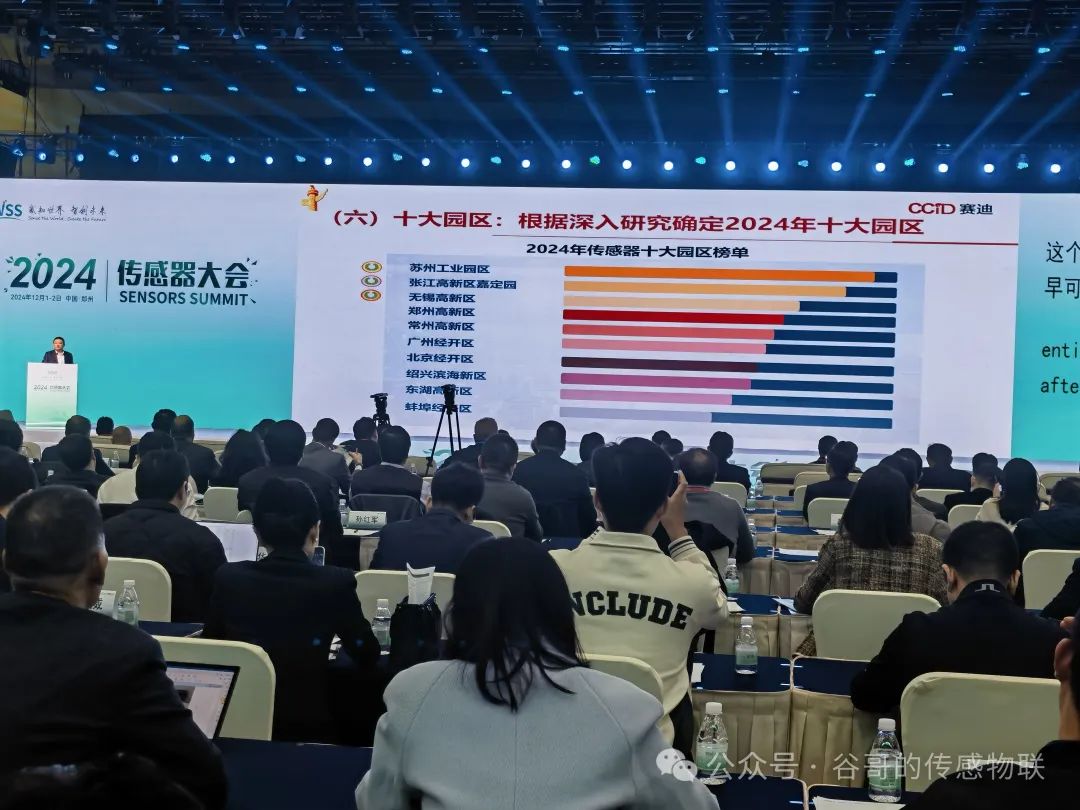
After participating in the World Sensor Summit in Zhengzhou three times in a row, I feel that the level is getting worse every year. I don't know if it's really the level that has dropped or if my learning level has improved. Haha! Just take it as a joke! The ranking of the top ten sensor parks is also a commercial behavior. Just get to know it, and don't take it too seriously, especially our government.
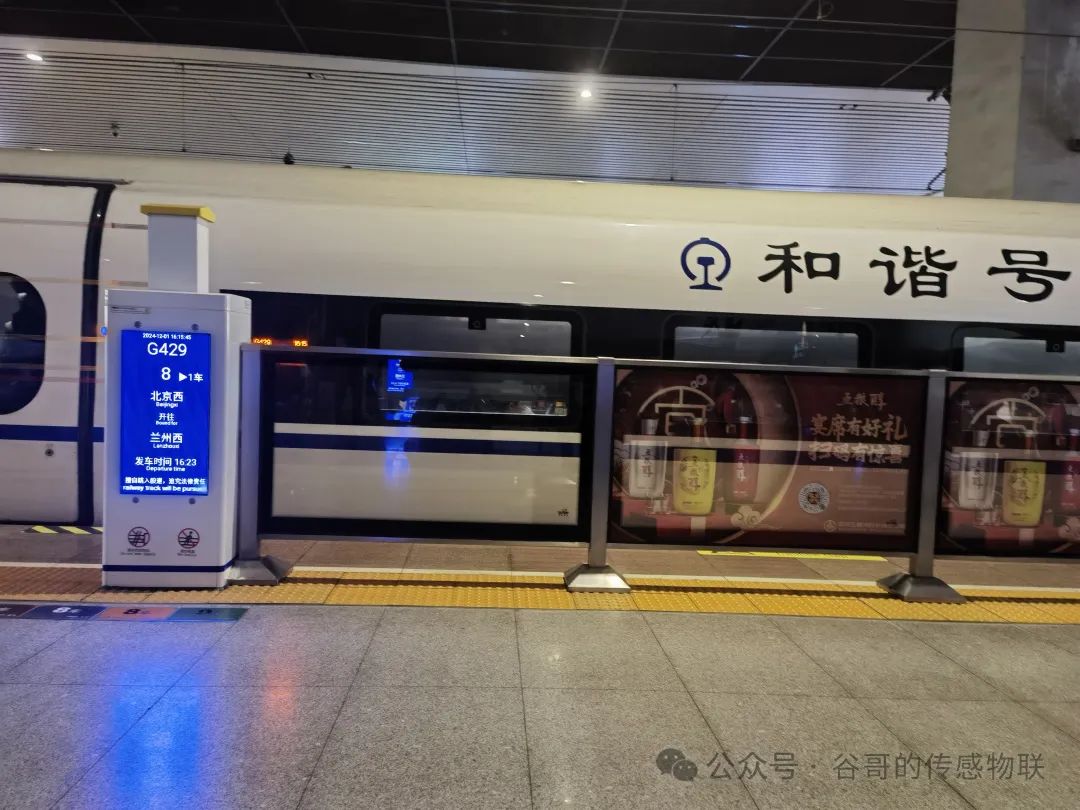
I'm almost at Xi'an North Station. I wish my friends in Zhengzhou a happy "carnival" at the World Sensor Summit.
#2024.12.01.18:15 G429 Zhengzhou/Xi'an#
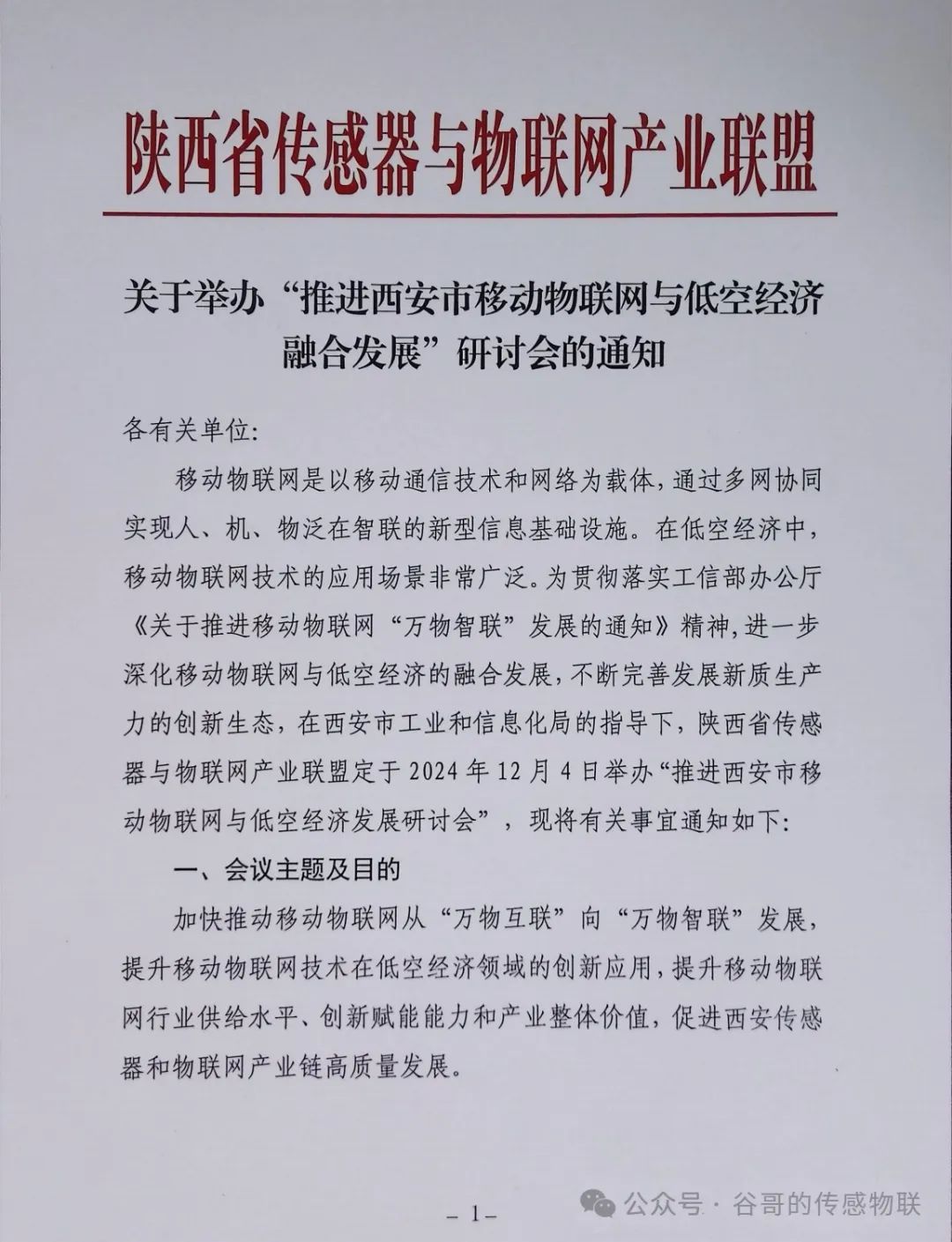
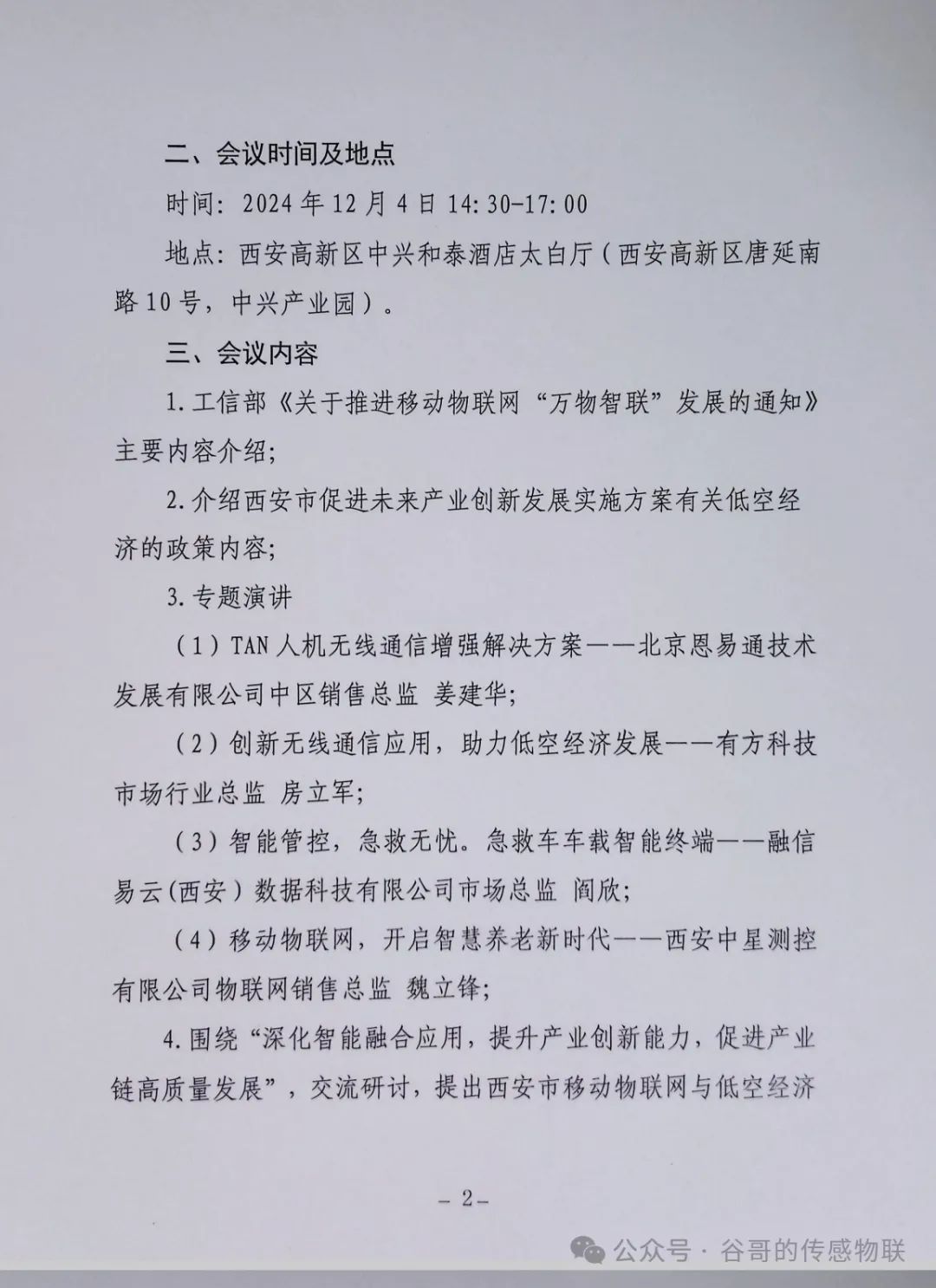
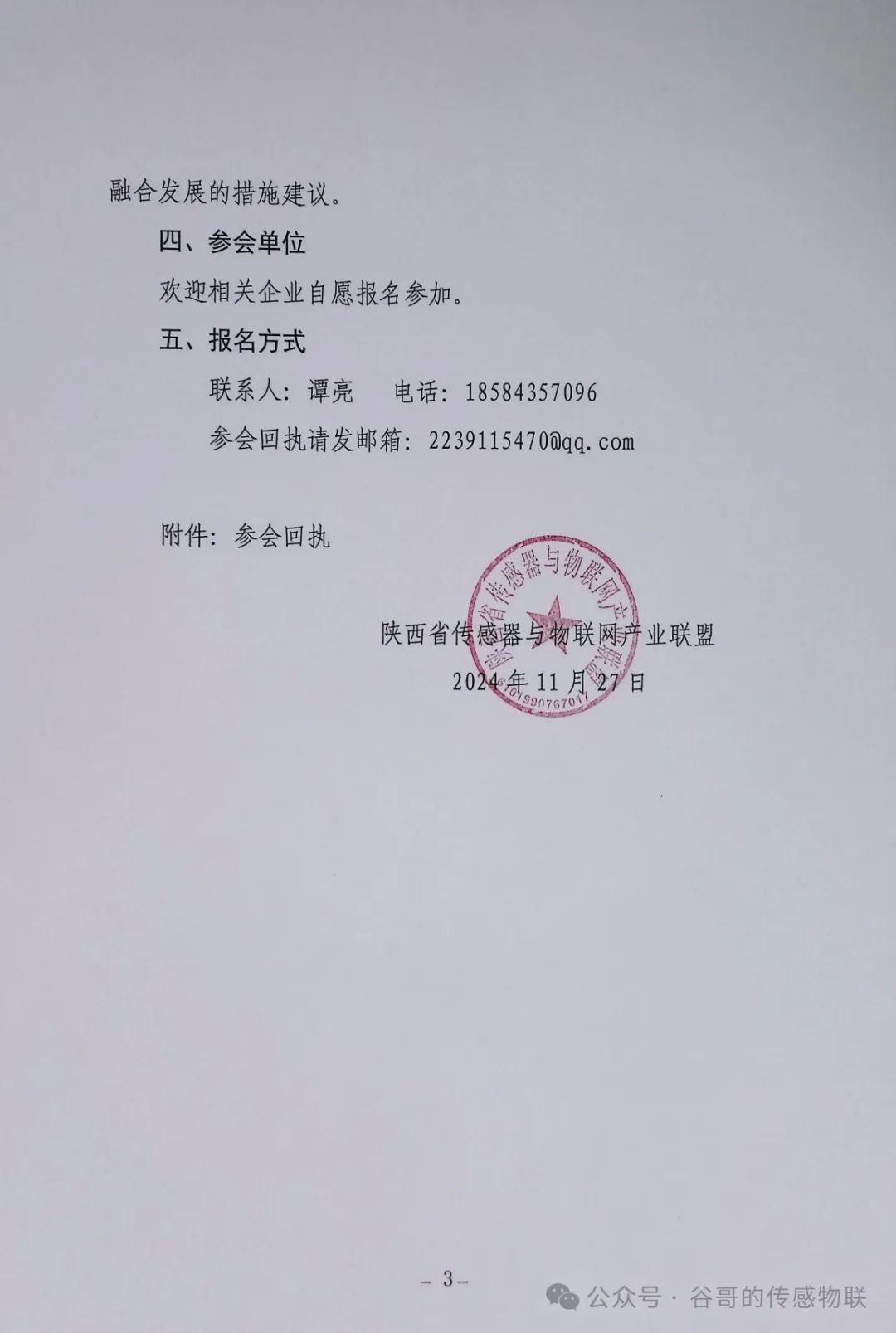






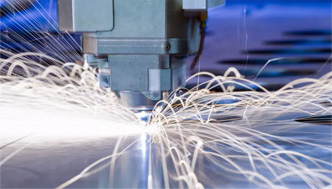




 Release Date:2024-12-02
Release Date:2024-12-02  Click on the quantity:780
Click on the quantity:780



